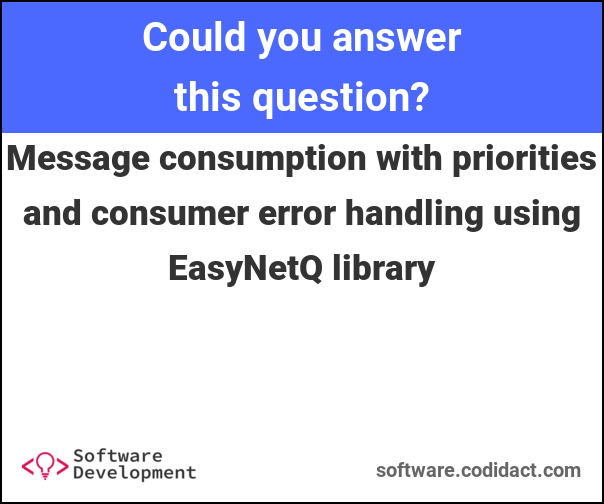Posts by PSTH
Wiktionary doesn't expound how furuncle ("1 cm tender red papule or fluctuant nodule") is a "transferred sense" from "pilferer (petty thief)". How do these notions in these nouns relate to each oth...
Old English rǣda semantically shifted from ‘advise, consult, guess’ to mean ‘interpret, interpret letters, read’. But isn't this semantic shift unsyntactical and infelicitous? Advisor's writin...
On October 31 2016, Kevin Stroud wrote The connection between “ghost” and “guest/host” is mentioned on page 303 of ‘The Horse, The Wheel and Language” by David W. Anthony [quoted on English Stac...
How did ‘advise, consult, guess’ semantically shift 🢂 to signify ‘interpret, interpret letters, read’? How do they semantically appertain? read [OE] In most western European languages, the wor...
I have never heard of "to raise (someone) out of trouble"! What does this mean? relieve (v.) [on Etymonline] late 14c., releven, "alleviate (pain, etc.) wholly or partly, mitigate; afford comfo...
How did con- + sign semantically shift 🡲 to this modern sense in Commerce? Why did con- + sign shift so radically, but NOT 'sign'? In Modern English, "sign" alone doesn't possess this Comm...
What semantic notions underlie "give back" with 🢂 "make[,] or cause to be in a certain state"? 🡪 "represent, depict"? render (v.) [on Etymonline] late 14c., rendren, rendre, "repe...
Are these definitions correct? Even though p. 262 below (bottom scan) doesn't list "take up" as a meaning of assūmptiō? (13th, from Latin assūmptiō, the act of taking up, from Latin assūmere...
How did intimus "inmost, innermost, deepest" (adj.) semantically shift to 🡺 intimare "make known, announce, impress" ? These meanings are polar opposites! If something is inmost, then it's private...
Isn't lībra pondō redundant? It feels pleonastic and tautological — because both lībra and pondō meant "weight" — see below. Wikipedia translates lībra pondō as "("the weight measured in libr...
What semantic notions underlie meaning 1 ("The act of coming and going") 🡺 with 5 ("Leave of absence)? Please fill in the gaps, and show the steps, between meanings 1-4 and 5? The Oxford Latin Dict...
What semantic notions underlie in- + partire 🡺 with "communicate as knowledge or information"? This semantic shift flummoxes me, because in- + partire "was not originally restricted to immaterial ...
Wiktionary asservates May be for *mītō (with lengthening of the consonant; compare mitāt), from Proto-Italic *meitō, from Proto-Indo-European *meyth₂- (“to exchange”), an extension of the root...
What semantic notions underlie "put apart" 🡺 "a transfer of title to property"? This semantic shift addles me. Why? Because "put apart" feels casual and laid-back! In modern English, "put apart" r...
What semantic notions underlie "dismiss, put away" (desmetre) 🢂 with transferring property or granting a lease (demise)? This semantic shift befuddles me, because — Humans "dismiss, put away"...
Wiktionary allegates that, for the Latin mittō (“to send”), The semantic shift from "send" to "put" probably occurred in Vulgar Latin. What semantic notions underlie "send" and "put"? I can'...
What semantic notions underlie Proto-Italic *moini-, *moinos- "duty, obligation, task," 🢂 with PIE root *mei- (1) "to change, go, move"? How do they semantically appertain each other? I quote from...
I grok that prae- + scribere ⟶ praescribere literally meant write before. But what semantic notions underlie write before with a title or right acquired through long use or uninterrupted possession...
I know that in Spanish, contengo is the first person singular conjugation of contener "to contain". I surmise that English transcribed the Spanish /e/ into an "a". Etymonline 1853, "charge made...
I quote the OED 's etymology for the adverb inasmuch. originally 3 words in as much (in northern Middle English in als mikel), subsequently sometimes written as 2 words, in asmuch, and now (espe...
Several West European languages, most spoken in 2022, feature cognate adverbs with the meaning of ''nevertheless' by univerbating "nothing/not/none/no" +"less". What semantic notions underlie...
What does the prefix ad- semantically mean here? How did the compounding of ad- + rogare yield 'to make great claims about oneself' and "to claim for oneself, assume"? What semantic n...
Pretend that you're Devil's Advocate. 1. How can you possibly contend that fulsome is "a case of ironic understatement"? What's ironic? What's fulsome understating? "fulsome" feels r...
I revamped Serious-Telephone142's answer for grammar. Negotiation involves a metaphorical pushing and pulling, a give and take. This sense is preserved in the modern English word 'intractable,' ...
Etymonline below blazons the sense of "negotiate, bargain" in treat. Please see the green line for the sense of "pull, drag" from tractō. I added the red lines beside 8(b) and 9, because these sen...




















